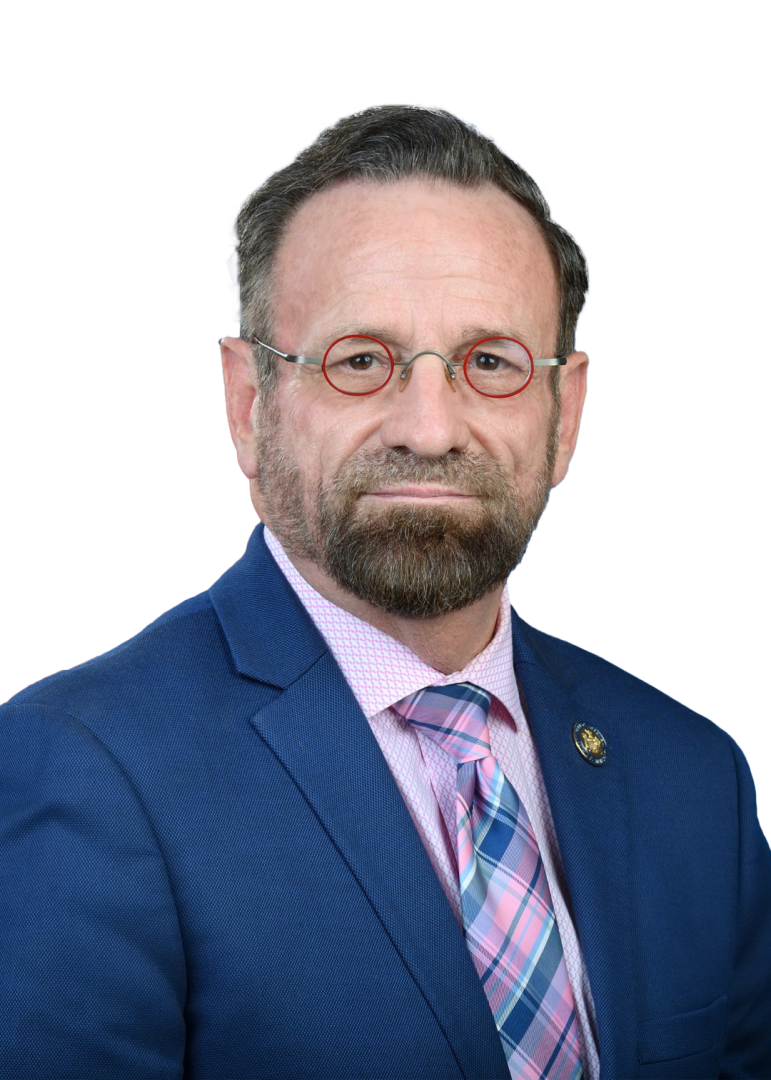Assemblymember Bronson: State Budget Lends Helping Hand To New York’s Families
Assemblymember Harry B. Bronson (D-Rochester/Chili/Henrietta) announced the 2014-15 state budget supports vital programs for New York’s families and its most vulnerable individuals. The budget provides funding to improve New York’s child care system, protect at-risk youth and provide a Cost of Living Adjustment for human services direct care workers, among other initiatives (A.8550-E, A.8556-D, A.9205).
“We have a long tradition in New York State of providing essential services to our most vulnerable populations,” Assemblyman Bronson said. “During these difficult economic times, we must continue that tradition by providing the assistance families deserve.”
Strengthening New York’s child care system
The 2014-15 state budget provides funding to increase access to safe, nurturing child care across the state and here in Monroe County. The provisions include:
- $10 million for Facilitated Enrollment to expand eligibility for child care assistance to working families with incomes up to 275 percent of the federal poverty level, allowing parents to stay employed while their children are cared for in safe environments including over $1 million for Monroe County;
- $34 million for more than 4,500 additional subsidized child care slots;
- disregarding the earned income of teenagers under 18 in the household for the purpose of determining a family’s child care subsidy eligibility; and
- requiring child care providers to post their most recent inspection report in a prominent place.
Further, $846,000 is restored to SUNY child care centers, to provide overall funding of $1.8 million. This includes a restoration of funding to the vital child care program at Monroe Community College.
“As we have witnessed here in Rochester, access to high-quality child care has become extremely limited,” Assemblymember Bronson said. “This year’s budget takes steps to address the many issues that surround child care, including availability and affordability, which will undoubtedly aid working families who are in need.
Preserving programs to assist struggling families
The 2014-15 state budget restores $26.2 million in Temporary Assistance for Needy Families (TANF) aid that was eliminated in the executive budget proposal. The budget also delivers $1.6 million for the Displaced Homemakers Program, which provides counseling and job training to homemakers so they can secure employment and economic independence.
Further, $870,000 is allocated for the Disability Advocacy Program to provide legal representation to individuals who have been denied disability benefits or face discontinuation of those benefits. The budget also provides $1 million for homeless housing initiatives.
Two percent COLA for caregivers of the elderly and disabled
The state budget includes $13 million to support a 2 percent salary increases for direct care workers, such as employees at Hillside and Al Sigl Center, including those caring for the disabled at nonprofits licensed by the state. The first Cost of Living Adjustment (COLA) will take place on Jan. 1, 2015, and the second increase will go into effect on April 1, 2015. These caregivers assist the most vulnerable New Yorkers, and this pay increase will help ensure a well-qualified and adequately staffed human services workforce, Bronson noted.
“Direct care workers look after and assist those who need help the most,” Assemblymember Bronson said. “Their pay should reflect the enormous responsibility they take on every day.”
Assisting those in need
Further, to address the alarming rise in the use of opiates such as heroin, the state budget includes $2 million in increased funding to deal with this crisis, including substance abuse treatment programs.
The state budget also increases the minimum amount of funding available for new community services to $110,000, from $70,000, for every Office of Mental Health inpatient bed that is no longer needed to provide services, continuing these provisions for an additional three years. And, $38 million is allocated to expand community mental health services for close to 3,000 individuals, funding 628 new supported apartments and 122 new “waiver” slots, crisis beds, respite, outpatient services and care coordination. The budget also includes $600,000 for mobile crisis teams to respond to calls from schools, families and pediatricians to efficiently link children to the necessary services.
“The decision to seek help for substance abuse is a hard one,” Bronson said. “It is unacceptable for substance abuse treatment facilities to have to turn people away because of inadequate funding. The services these facilities offer help people live healthier and longer lives.”
Investing in our community and protecting at-risk youth
The state budget restores $13.8 million for programs that help at-risk youth. An investment in our youth is an investment in our community, Assemblymember Bronson noted. These programs include:
- Safe Harbor for Sexually Exploited Youth ($3 million);
- Child Advocacy Centers ($2.57 million);
- the Youth Development Program ($1.29 million);
- Settlement Houses ($450,000); and
- the Runaway and Homeless Youth Act ($254,000).
“Unfortunately, some children do not have the financial and emotional support they need to make healthy life choices,” Bronson said. “Because of their circumstances, they may fall victim of drugs, crime and abuse. These programs can guide and support our at-risk youth to make better choices in life.”
Providing support to the elderly
The state budget provides $5 million for the Community Services for the Elderly (CSE) program, as well as an increase of $4.1 million for the expansion of eligibility for the Elderly Pharmaceutical Insurance Coverage (EPIC) program.
Once again, the budget secures funding for Lifespan’s Elder Abuse Prevention Program. Based in Rochester, Lifespan’s EAPP protects New York’s most frail and vulnerable adult population by providing direct intervention services, public education, and training for professionals to assist victims.
“I am proud to stand with the seniors of Rochester. They deserve an opportunity to live independent lives,” concluded Bronson.
